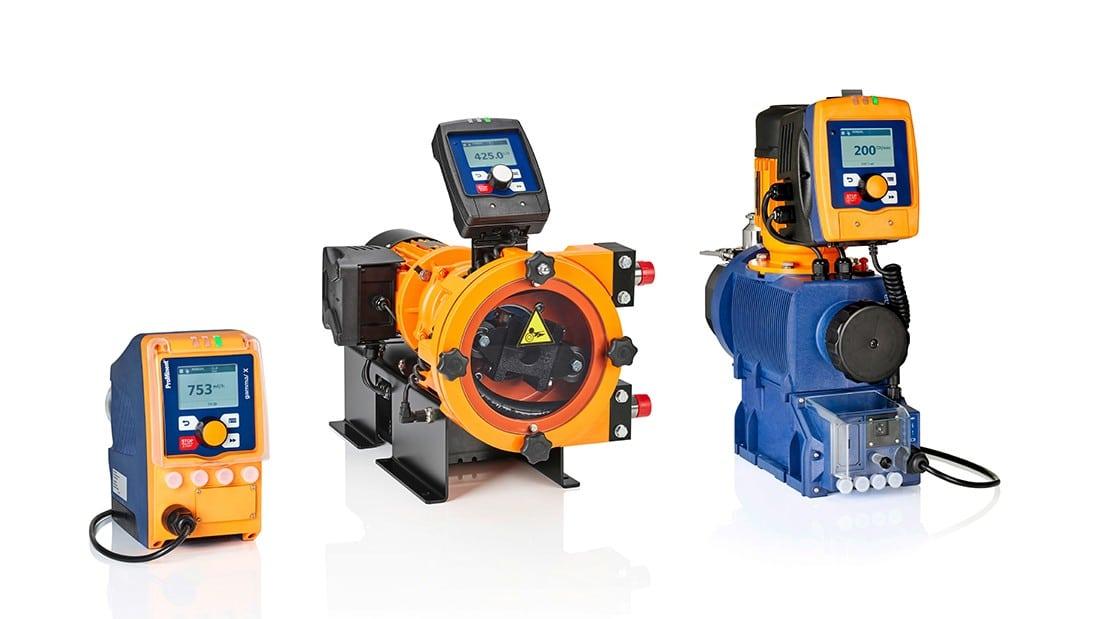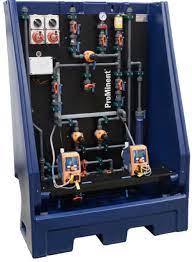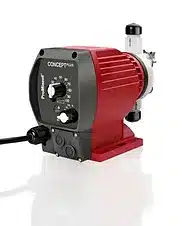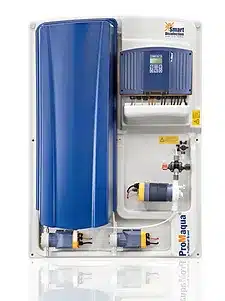Prominent chemical metering pump maintenance

Euro Pumps understands that adherence to the strict hygiene regulations in the Meat and Poultry Processing industry are vital to ensure impeccable and hygienic processing. Our prompt response to emergency chemical metering pump failures underscores the importance of implementing a proactive preventative maintenance plan.
Many of these failures, leading to unplanned site shut downs, pose risks to customer and employee health and safety, as well as incur significant, unforeseen expenses. Implementing a structured maintenance strategy can help prevent or minimize such incidents, ensuring seamless and compliant processing in line with industry standards.

Advantages of proactive pump maintenance
- Minimisation of the chances of unforeseen chemical metering system failure that might lead to unplanned contamination, site shutdowns or flooding.
- Maintenance and budget planning, Outsourced maintenance helps you plan, manage, and prioritise your maintenance activities and objectives, so you can be as effective as possible with the limited.
- Provision of peace of mind by ensuring that a qualified technician is overseeing the monitoring of your site’s Prominent chemical metering pumps and systems.
- Assistance for businesses in scheduling planned works, mitigating the challenges associated with unexpected maintenance tasks.
“As a general rule, for every dollar spent on preventive maintenance,
you will save at least five dollars in subsequent expenses.”


Dosing Pump Maintenance
- Ensure optimal injection function by regularly inspecting for the entry of air, impurities in the solution, or seal corrosion caused by chemical agents. It is advisable to verify that the injection pump is correctly drawing in the solution.
- Periodically examine the diaphragm assembly for signs of wear or breakage.
- Users are encouraged to routinely clean the one-way valve and filter. Due to variations in conveyed mediums, the cleaning cycle is not precisely defined, allowing users to determine the appropriate frequency based on their specific circumstances.
- In environments with temperatures below 0℃, cease the use of the dosing pump and drain the water from the pump.
- Avoid using tools to adjust pressure; pressure adjustments should only be made when there is no pressure in the dosing pump.
- Regularly monitor the liquid level in the chemical storage tank to prevent the metering pump from running without a load.
- While the metering pump itself will not be damaged by running without a load, the system may be adversely affected. Consider installing a liquid level switch to automatically disconnect the metering pump when the liquid level falls below the set threshold, preventing no-load operation.
- Perform a thorough check at least once every three months to ensure that the bolts on the metering pump’s pump head are securely tightened, and the seals remain intact.
